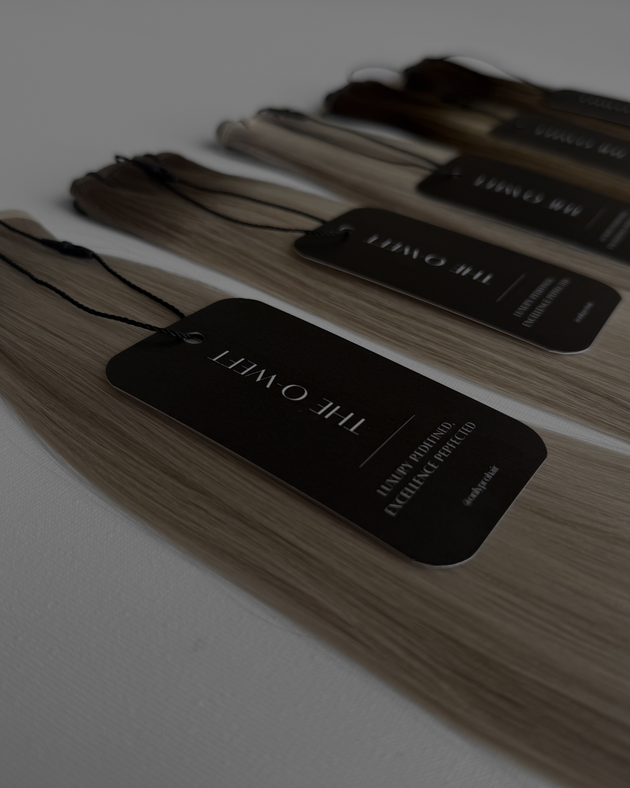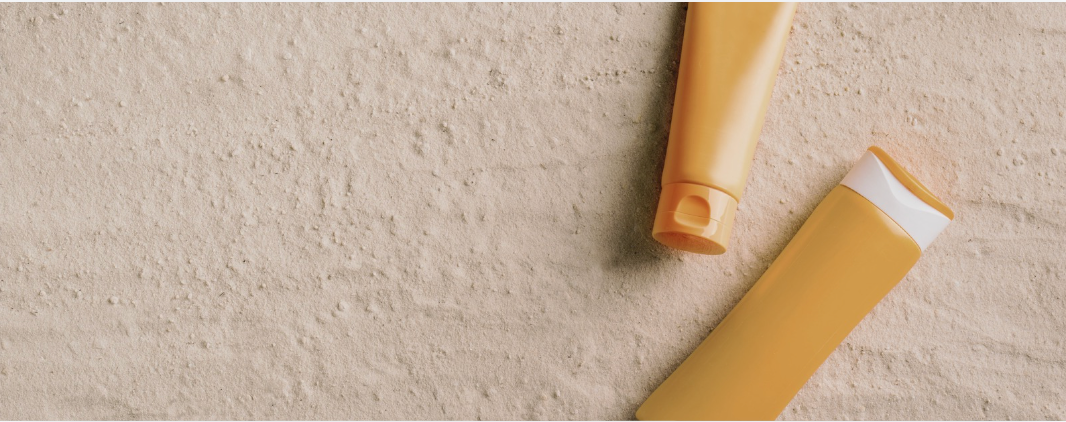
Is My Hair Suitable for Hair Extensions?
If you’re considering enhancing your look with hair extensions, you may be wondering whether your hair is suitable for this transformation. Hair extensions can add length, volume, and even color without the commitment of dyeing or cutting your natural hair. However, not every hair type is ideal for every kind of extension. In this blog post, we’ll break down the key factors to consider when determining if your hair is ready for extensions.
Understanding Your Hair Type
Before diving into the world of hair extensions, it’s essential to understand your hair type. Hair comes in various textures—straight, wavy, curly, and coily—and each type interacts differently with extensions. Here’s a quick breakdown:
-
Straight Hair: This type often holds extensions well due to its smooth texture. However, the key is to match the extension’s texture and weight to ensure a seamless blend.
-
Wavy Hair: Wavy hair can also work beautifully with extensions, but you'll want to choose extensions that have a similar wave pattern to avoid a mismatched look.
-
Curly and Coily Hair: If you have naturally curly or coily hair, it’s crucial to select extensions that mimic your curl pattern. This ensures that the extensions blend seamlessly and maintain a natural look.
Hair Condition
The health of your natural hair plays a vital role in whether it’s suitable for extensions. Here are some aspects to consider:
-
Damage: If your hair is severely damaged, it may not be the best time to add extensions. Weakened strands can break under the extra weight of the extensions, leading to more damage. Assess your hair for split ends, dryness, and brittleness.
-
Thickness: Thicker hair can generally support more substantial extensions, while finer hair may need lighter options. If your hair is on the finer side, consider extensions that are specifically designed for fine hair.
-
Length: While many extensions can add length, having some baseline length is essential for them to blend naturally. Most professionals recommend at least 4-6 inches of natural hair.
Extension Types
Understanding the different types of hair extensions is critical in determining their suitability for your hair:
-
Clip-In Extensions: These are a temporary option, making them ideal for those who want to experiment without commitment. They work well with most hair types, as they can easily be applied and removed.
-
Tape-In Extensions: These semi-permanent extensions are great for fine to medium hair but can weigh down very thin strands. They require a professional application, and proper care is essential for longevity.
-
Sew-In Extensions: Best suited for thicker hair, these extensions are sewn into braids of your natural hair. They can be a long-term solution but may be too heavy for fine hair.
-
Fusion Extensions: These use a keratin bond to attach the extensions to your natural hair. They can be suitable for various hair types but may cause damage if not applied and cared for correctly.
Consultation with a Professional
Before making any decisions, consulting with a professional stylist is crucial. They can assess your hair type, condition, and lifestyle to recommend the best extension method for you. A stylist can also guide you on proper care to maintain both your natural hair and the extensions.
Maintenance and Care
If your hair is suitable for extensions, you’ll need to commit to regular maintenance to keep everything looking fabulous. This includes using sulfate-free shampoos, moisturizing regularly, and avoiding excessive heat. Some extension types may require special care, so follow your stylist's recommendations.







Leave a comment
This site is protected by hCaptcha and the hCaptcha Privacy Policy and Terms of Service apply.